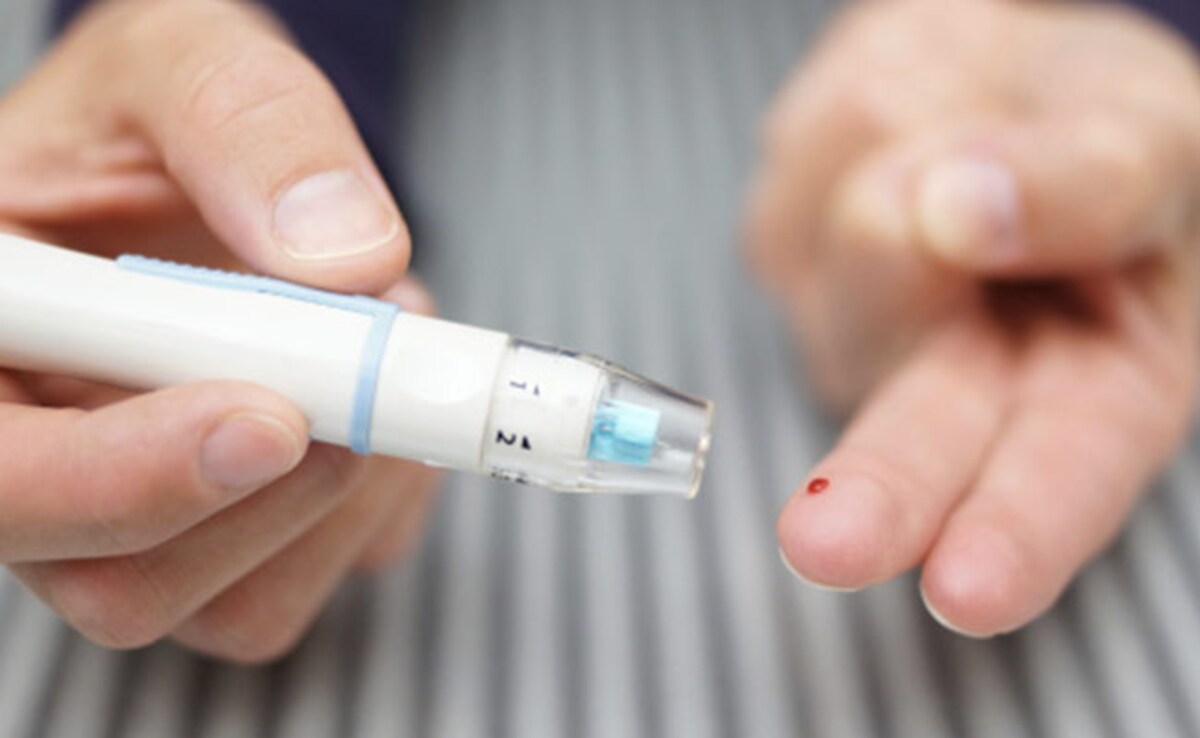
Low blood sugar, or hypoglycaemia, occurs when blood glucose levels drop below normal, typically below 70 mg/dL. It can cause symptoms like shakiness, sweating, confusion, irritability, and fatigue. Common causes include skipping meals, excessive insulin or diabetes medication, intense exercise, or alcohol consumption without adequate food intake. At night, low blood sugar (nocturnal hypoglycaemia) can disrupt sleep and lead to morning fatigue or headaches. Managing blood sugar levels with balanced meals, mindful medication use, and specific nighttime strategies can help prevent nocturnal hypoglycaemia. Read on as we share tips you can follow to manage low blood sugar.
These tips can help manage low blood sugar at night
Include complex carbohydrates, proteins, and healthy fats in your evening meal. Complex carbs provide a slow and steady release of glucose throughout the night, while protein and fat prevent rapid sugar drops. Examples include grilled chicken with quinoa and avocado or lentil soup with whole-grain bread.
A small, balanced snack before bed can prevent overnight hypoglycaemia. Opt for a combination of protein and complex carbs, such as peanut butter on whole-grain crackers or Greek yogurt with a handful of nuts.
Check your blood sugar levels before sleeping to ensure they're within a safe range (between 90-150 mg/dL). If it's low, consume a quick-acting carb like a small glass of juice or a piece of fruit to raise it.

Photo Credit: Pexels
Consult your healthcare provider to adjust nighttime insulin or diabetes medication if you frequently experience nocturnal hypoglycaemia. Reducing the dose slightly may prevent overnight blood sugar dips.
Alcohol can lower blood sugar levels, especially when consumed without food. If you drink alcohol, pair it with a meal or snack to reduce the risk of hypoglycaemia during the night.
Dehydration can exacerbate blood sugar imbalances. Drink sufficient water throughout the day to maintain stable blood sugar levels, but avoid excessive fluid intake right before bed to prevent disrupted sleep.

Photo Credit: iStock
A CGM (Continuous Glucose Monitor) device tracks blood sugar levels in real time and can alert you to dips during the night. These devices are especially helpful for managing diabetes and preventing severe nocturnal hypoglycaemia.
High-fibre foods slow glucose absorption, helping maintain stable blood sugar levels overnight. Add fibre-rich options like vegetables, beans, or whole grains to your dinner and snacks.
Evening exercise can sometimes lower blood sugar levels hours later during sleep. If you work out in the evening, monitor your glucose levels and consider a post-workout snack to stabilise them.

Photo Credit: Pexels
If you wake up feeling sweaty, shaky, or confused, immediately consume 15-20 grams of a fast-acting carbohydrate, like glucose tablets or fruit juice. Recheck your blood sugar levels after 15 minutes and repeat if necessary.
By adopting these strategies, you can reduce the risk of low blood sugar at night and ensure a safer, more restful sleep. Always consult a healthcare provider for personalised advice.
Disclaimer: This content including advice provides generic information only. It is in no way a substitute for a qualified medical opinion. Always consult a specialist or your own doctor for more information. NDTV does not claim responsibility for this information.
Track Latest News Live on NDTV.com and get news updates from India and around the world

